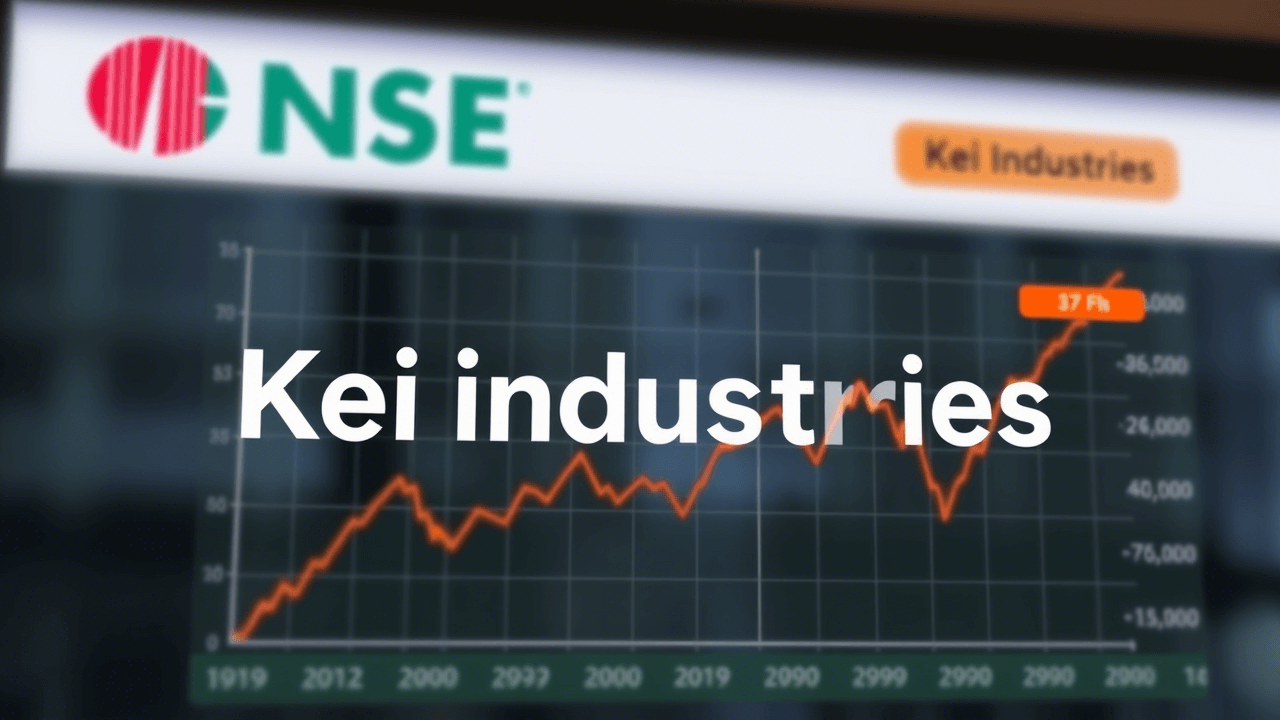
In the world of finance, staying ahead of the curve requires, it demands informed decision-making and strategic planning. Smart investment strategies play a pivotal role in achieving financial success and weathering market uncertainties. In this blog post, we will delve into key principles and tactics that can guide investors in making intelligent choices for a robust and resilient portfolio.

Understanding Risk Tolerance:
Before embarking on any investment journey, it is crucial to assess and understand one’s risk tolerance. This involves evaluating how comfortable an investor is with the possibility of fluctuations in the value of their investments. Diversify the portfolio in different asset , such as stocks, bonds, and real estate, can help manage risk effectively. For example, a conservative investor might allocate a larger portion to stable bonds, while an aggressive investor might lean towards growth stocks.
Embracing the Power of Compounding:
Compounding is the magic ingredient that can significantly boost investment returns over time. By reinvesting earnings, investors can earn returns not just on their initial investment but also on the accumulated interest or gains. Case studies, such as the legendary compounding success of Warren Buffett or the long-term performance of certain index funds, can illustrate the profound impact of this strategy.
Staying Informed and Adaptive:
The financial landscape is dynamic, and successful investors are those who stay informed about market trends, geopolitical events and economic indicators. Regularly review and adjust your investment strategy in response to changing conditions is essential for long-term success. For instance, during economic downturns, reallocating assets to defensive sectors might shield a portfolio from severe losses.
Case Studies:
The 60/40 Portfolio:
One notable case study is the 60/40 portfolio, a classic balanced approach consisting of 60% stocks and 40% bonds. Historical data shows that this smart investment strategies has provided a reasonable return while minimizing volatility, making it an attractive option for risk-averse investors.
Tech Stocks in the 21st Century:
Examining the growth trajectory of tech stocks, such as Apple, Amazon, and Microsoft, demonstrates the potential for substantial returns over time. However, it also highlights the importance of periodically rebalancing a portfolio to prevent overexposure to a specific sector.
Solar Stocks in the 21st Century:
Solar stocks refer to shares of companies that operate within the solar energy industry. These companies are involved in various aspects of the solar energy value chain, including the manufacturing of solar panels, development and installation of solar projects, and the provision of related services and technologies. Investing in solar stocks has gained popularity in recent years as the world increasingly looks for sustainable and renewable energy sources to address environmental concerns and reduce dependence on fossil fuels.
1.Solar Panel Manufacturers:
Companies engaged in the production of solar panels are a crucial part of the solar industry. They design and manufacture photovoltaic (PV) cells and modules that convert sunlight into electricity. Some well-known solar panel manufacturers include First Solar, JinkoSolar, and Canadian Solar.
2.Solar Project Developers and Installers:
These companies are responsible for identifying suitable locations for solar projects, obtaining necessary permits, and installing solar panels. SolarCity (now a part of Tesla), SunPower, and Vivint Solar are examples of companies involved in solar project development and installation.
3.Solar Technology and Services:
This category includes companies that provide technology solutions and services to enhance the efficiency and performance of solar energy systems. This may include energy storage solutions, solar tracking technology, and monitoring services. Enphase Energy and SolarEdge Technologies are notable players in this segment.
Electric Stocks in the 21st Century:
Electric stocks refer to shares of companies involved in the production, distribution, and development of electric energy. With the global shift towards cleaner and more sustainable energy sources, electric stocks have gained significant attention from investors. This sector encompasses a wide range of companies, including those engaged in renewable energy, electric utilities, electric vehicle (EV) manufacturers, and technology firms related to the electric grid and energy storage.
Conclusion:
In conclusion, smart investment strategies are not one-size-fits-all; they require a nuanced understanding of individual financial goals, risk tolerance, and market dynamics. By embracing diversification, leveraging compounding, and staying informed, investors can position themselves for long-term success. The examples and case studies presented serve as valuable insights into the practical application of these strategies, underlining the importance of adaptability and continuous learning in the pursuit of financial well-being. Remember, the key to smart investing lies not in predicting the future but in preparing for it intelligently.
You also read :
what is a market cap in the stock market
if you like then comment in this article.






